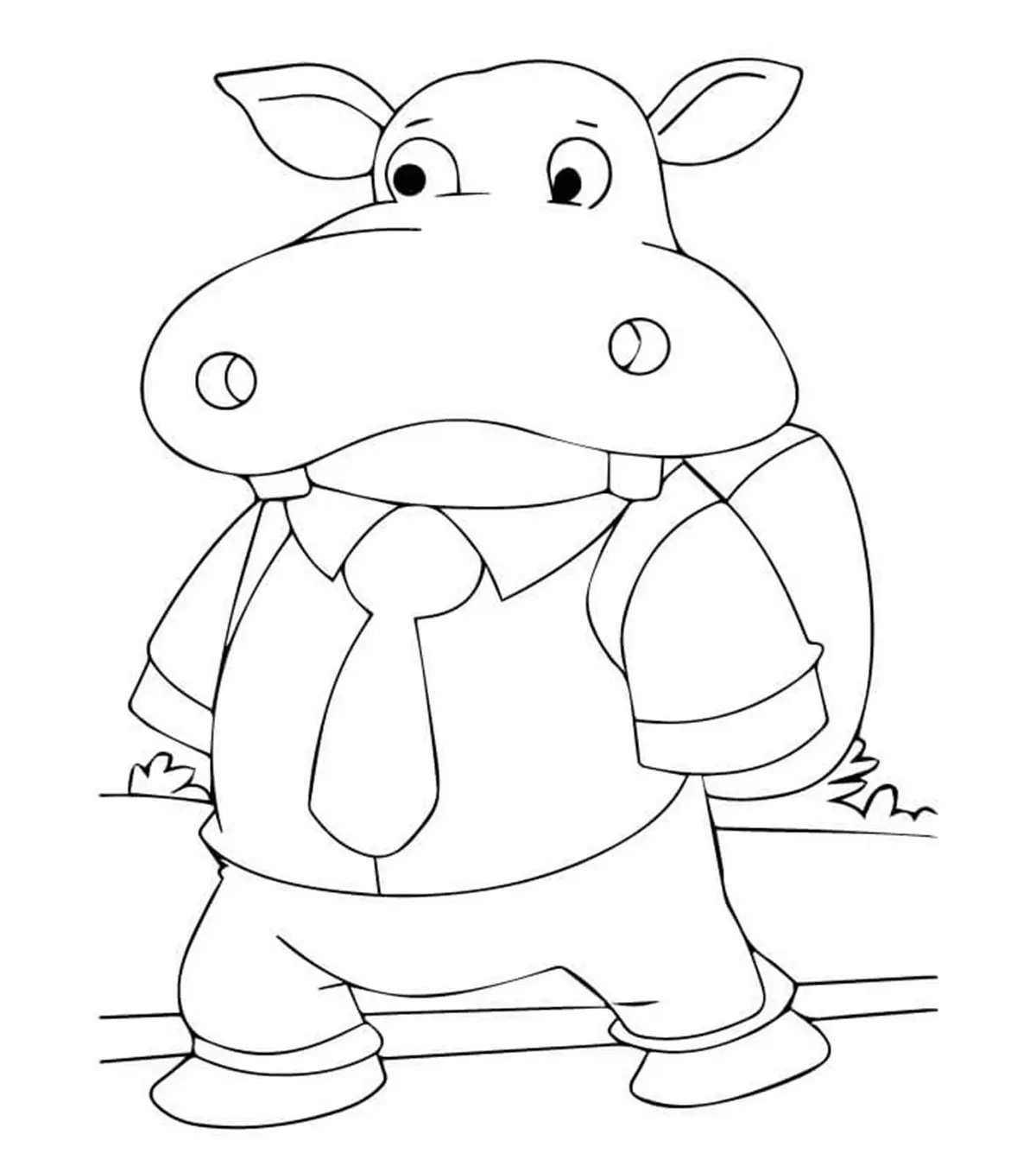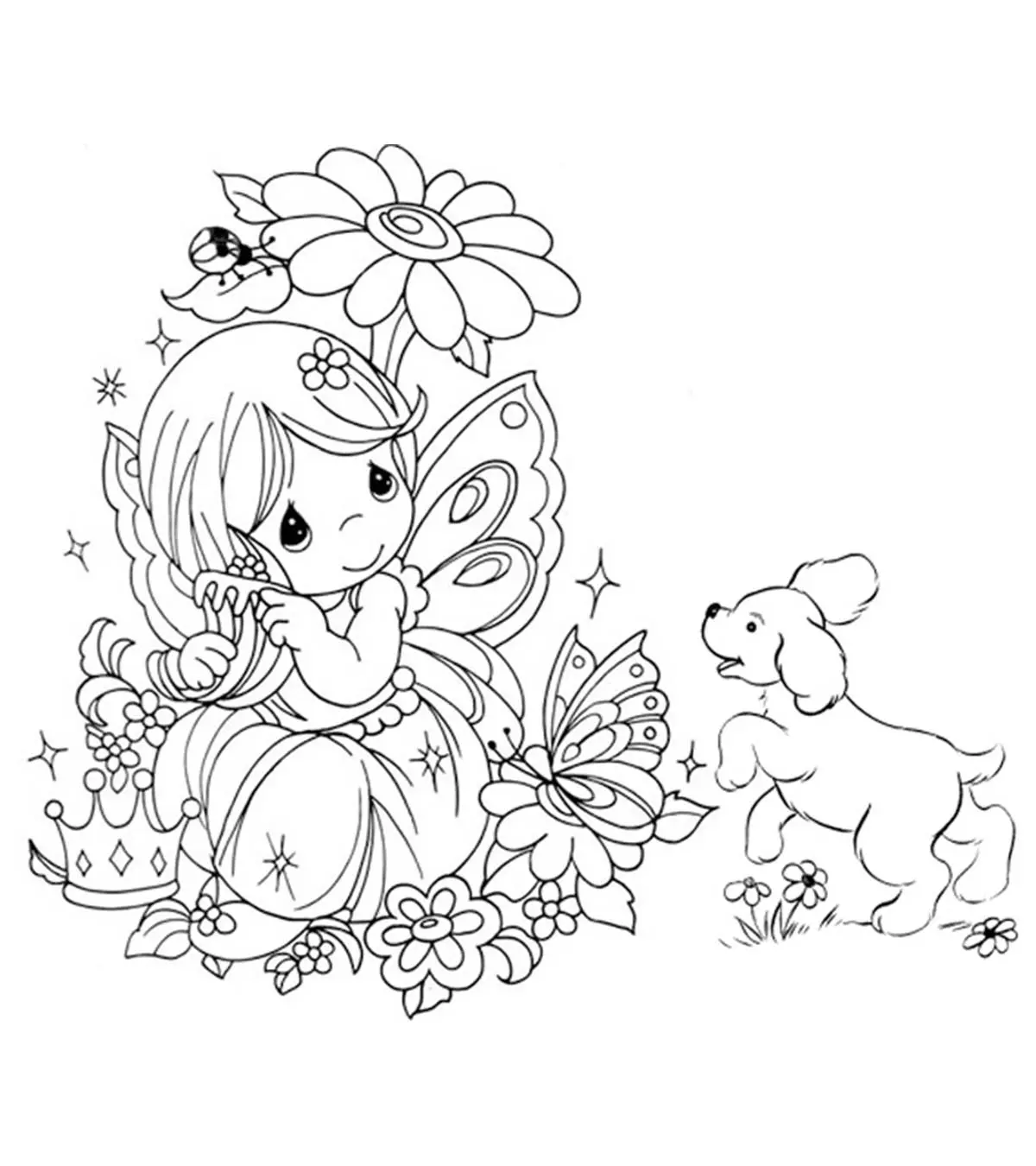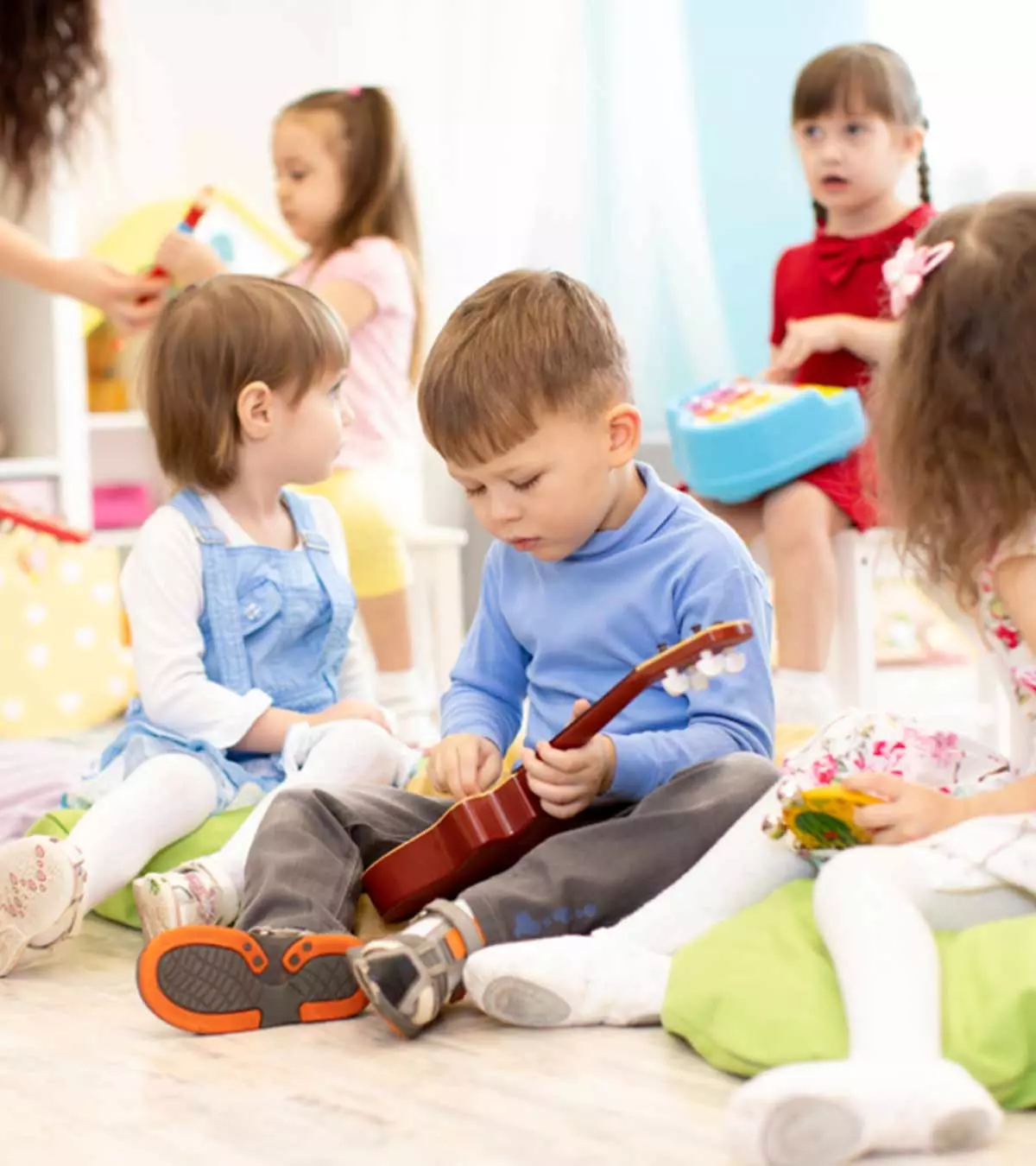
Image: Shutterstock
Cooperative Play: Setting the Cornerstone to Your Child’s Behavioral and Cognitive Development Mildred Parten Newhall, an American sociologist, has developed six different types of plays for children between ages two and five. One of these six types of play is cooperative play. Unoccupied, solitary, onlooker, parallel, and associative play are the other five types. These six types explain how children change their playing style based on their social development. Each level of the play depicts cognitive and social development in children and helps parents understand how well their children are growing. Read this post as we discuss cooperative play definition, its importance, and various games that can encourage it.
Key Pointers
- Cooperative play is a stage that begins during middle childhood.
- It teaches children to learn about division of efforts and self-regulation.
- Scavenger hunt and Minefield are a few cooperative games that enhance a child’s social skills.
What Is Cooperative Play?
The cooperative play definition states that cooperative play occurs when children play with other children. It requires division of efforts among them to achieve a common group goal or specific tasks. While competitive games involve winners and losers, joint or unified games involve problem-solving methods where everyone wins. Through this stage of play, children learn problem-solving, self-advocacy, decision-making skills, teamwork, sharing, and conflict resolution knowledge.
When Does Cooperative Play Begin?

Image: IStock
Cooperative play typically begins when children are aged between 4 and 5 (1). However, the child’s innate abilities, such as the exchange of ideas and role acceptance, are crucial for determining whether they are ready for starting concerted play. They also need to understand the meaning of respect towards property rights, and the need to uphold and abide by rules.
For instance, a four-year-old child may not have sufficiently developed the ability to compromise with their toys. But at five years, sharing may increase their fun and happiness.
Why is Cooperative Play Important?
Cooperative play activities may be essential for the following reasons (2).
1. Reduces aggressive behavior and tendencies
Participation in various collaborative games can make children perceive and accept the differences brought out by increased social interactions. Through collective play, children tend to show positive behaviors, such as politeness and mutual respect, thereby helping control aggressive behavior.
2. Supports cooperation and shared goals

Image: IStock
Collaboration helps children in social and academic interactions. Games that require increased cooperation provide scope for the development of social skills. Interactive social/emotional activities for toddlers and children can allow them to observe different roles in the team and understand others’ perspectives. Some examples include agreement on the rules of games, completing structures by adding bits and pieces, and linking different aspects to complete shared tasks. This amicable play allows children to work together towards a common goal instead of in opposition to one another or in the pursuit of winning.
3. Enhances communication and use of language
These skills aid in self-expression, enabling them to convey messages or decode information from their surroundings, thereby allowing them to perceive various situations. They also help improve listening skills and the ability to respect different perspectives as they have to agree on rules and keep them organized in their play.
4. Improves trust and conflict resolution

Image: IStock
As a child sees their team members perform to their best effort, they build trust in each other. It makes them gain dependence on others by recognizing each other’s strengths. As trust builds, they learn to resolve their conflicts and work as a team.
5. Teaches self-regulation
Cooperative play requires children to regulate their emotions. Some of the critical aspects of such regulation include absorption of disappointment during a loss, restriction on immediate gratification, and proceeding in the game as a team.
6. Instills a sense of belonging
Combined play is inclusive, ensuring every child is involved. This instills a sense of belonging among participating players.
7. Supports problem-solving skill development
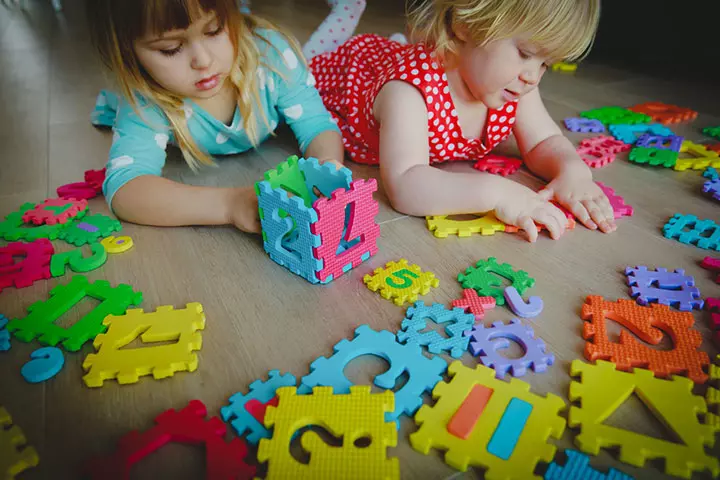
Image: IStock
Children need to discuss and debate on the rules of the game, develop strategies to win the game, and overcome the hurdles that come their way. This imbibes problem-solving skills in them.
 Point to consider
Point to considerCooperative Play Ideas And Activities
Some of the common friendly cooperative play ideas and activities are:
- Board games
- Fit-me-to-know puzzles
- Treasure hunt
- Den building
- Team sports and games
- Storytelling
- Sandcastle building
- Building blocks and towers
- Lego
Another interesting cooperative activity is ball painting. Dana M. Gorman, a teacher, organized ball painting cooperative game for her class. She says, “We used an oversized pizza box taped open and reinforced. We cut paper from a large roll to fit inside the box. We precut several sheets of paper as we knew it would be a popular activity. Three small trays were filled with tempera paint in primary colors and thinned with water to allow the balls to roll rather than stick to the paper. We chose to use ping pong balls, but small wiffle balls, golf balls or other balls you have on hand would work. It would be fun to elaborate on this idea trying different balls and comparing the marks made (i).”
Different Stages Of Play
Understanding the stages of play in children is crucial for parents and caregivers, as it sheds light on the evolving dynamics of social interaction and development from unoccupied movements in infancy to cooperative play in early childhood.
1. Unoccupied Play: In infancy, babies exhibit unoccupied play, characterized by random movements like kicking legs. Encourage by allowing free movement and avoiding excessive wrapping when they are awake.
2. Playing Alone: Toddlers explore their surroundings through solitary play involving touching, tasting, and vocalizing. Foster exploration by providing a variety of safe and age-appropriate toys.
3. Onlooker Play: Children observe others playing without active participation, marking the initial phase of learning to play with peers. It is considered a normal and healthy developmental stage.
4. Parallel Play: Typically occurring between two and three years, children engage in parallel play, where they play side by side without direct interaction. Parallel play activities for toddlers normally avoid forcing interaction since social skills develop naturally over time.
5. Associative Play: Between three and five years old, children participate in associative play, playing together but pursuing different ideas and goals. Encourage this stage by involving children in playgroups.
6. Cooperative Play: Around ages four to six, children progress to cooperative play, collaborating toward a shared objective, like building a block tower. It promotes the development of essential social skills in children.
 Quick tip
Quick tipFrequently Asked Questions
1. How can I support my child in cooperative play?
You can support your child’s cooperative play in the following ways:
- Involving them while doing chores
- Engaging them in back-and-forth interactions
- Being a model of cooperativeness
- Including cooperative games in their daily routine
2. How does cooperative play promote language development?
Enhancing language skills is considered one of the benefits of cooperative play as with the help of this method, children can converse with their peers and other people, which allows them to practice their vocabulary and refine their pronunciation and speaking skills by listening to others.
3. Are there any safety considerations parents should keep in mind when encouraging cooperative play?
Parents should ensure the environment where children engage in cooperative play is well-organized, comfortable, and personable. They should also create regulations to promote positive behaviors, such as open communication. This will facilitate inclusivity, which is essential for development.
Cooperative play is when children play together with shared goals. They may agree on rules and organize their game. Cooperative play typically begins when children are aged between four and five. However, the ability to play cooperatively depends on the child’s ability to learn and exchange ideas and assign and accept roles in their game. Cooperative games for kids help in physical and personal development and make them familiar with concepts such as cooperation, communication, empathy, trust, and conflict resolution. Children learn through play, and as they play cooperatively with others, they will keep learning essential life skills as well.
Infographic: Ways To Encourage Cooperative Play In Children
Cooperative play has many advantages for children, including enhancing their social and communication skills. Whether your child does not wish to move away from the screen or is used to staying home after the pandemic, follow this infographic’s tips to encourage children to engage in cooperative play to reap its benefits. Illustration: Momjunction Design Team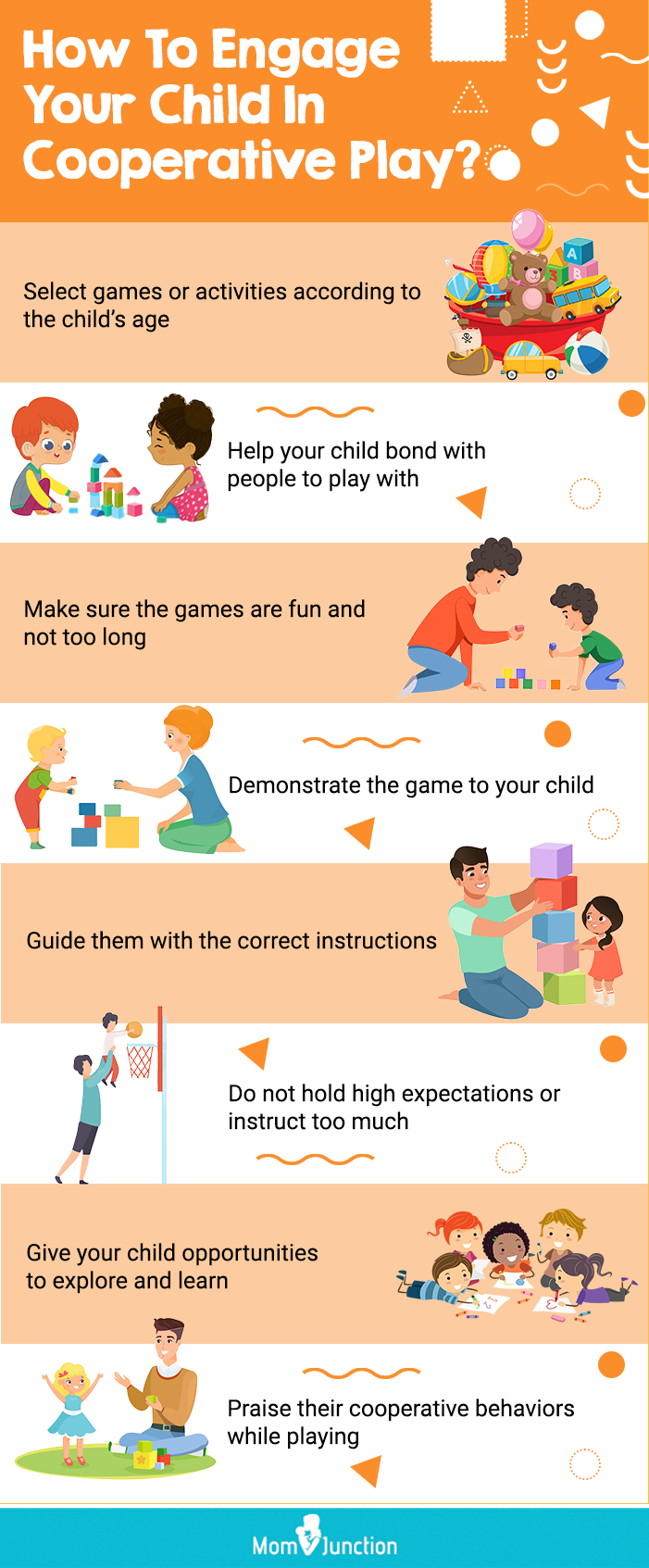
Illustration: What Is Cooperative Play? Benefits Examples And Activities
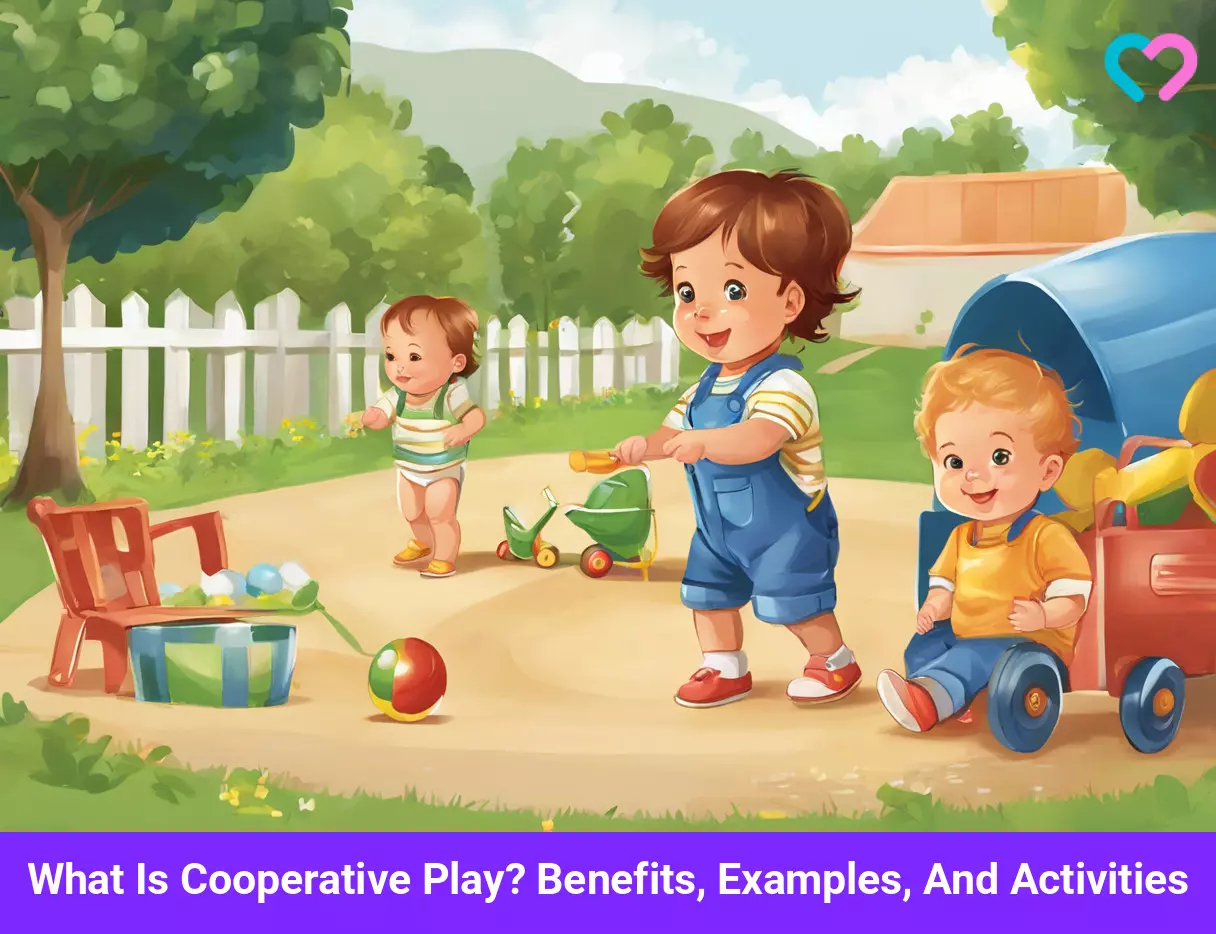
Image: Stable Diffusion/MomJunction Design Team
Cooperative play is an important part of childhood development. This enlightening video by Felicia Wright throws light on the importance of cooperative play for children. Keep watching to learn more!
Personal Experience: Source
MomJunction articles include first-hand experiences to provide you with better insights through real-life narratives. Here are the sources of personal accounts referenced in this article.
i. Ball painting-A cooperative art experience.https://playfullylearning.blogspot.com/2014/04/ball-painting-cooperative-art-experience.html
References
1. Elizabeth Whitman; The Impact of Social Play on Young Children; Murray State University
2. Dadan Suryana; Effect of cooperative play on social emotional skills of children ages 5-6 years; Universitas Negeri Padang
Community Experiences
Join the conversation and become a part of our nurturing community! Share your stories, experiences, and insights to connect with fellow parents.
Read full bio of Dr. Holly Schiff
Read full bio of Rohit Garoo
Read full bio of Dr. Ritika Shah
Read full bio of Apoorva K










